Investing in Electric Vehicles
We at Rosie Travel Group are proud to introduce Fiji's first zero-emission hotel transfer service for international visitors. This service features three electric 7-seater minivans by LDV of China and includes the first solar-powered fast-charging station at our Transport Hub, courtesy of Solar Hub. Powered by the abundant Fijian sun, these vehicles can recharge from 1% to 100% in just 30 minutes, offering a sustainable and efficient transportation solution. This initiative reflects our unwavering commitment to reducing our carbon footprint and promoting eco-friendly practices in the tourism industry.
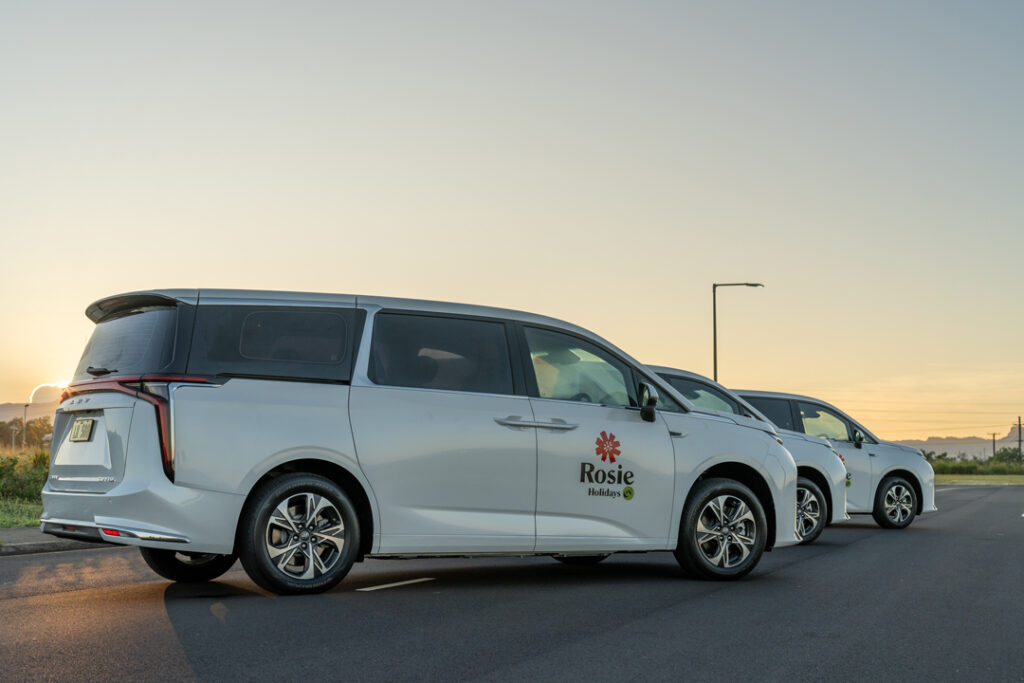
Solar-Powered Revolution
We are proud to have set a new standard in Fiji's tourism industry by becoming the first to install DC rapid charging capabilities for our electric vehicle fleet. This trailblazing initiative marks a significant stride toward greener transportation solutions, highlighting our steadfast commitment to environmental sustainability. The integration of solar-powered fast-charging stations at the Rosie Transport Hub exemplifies our forward-thinking approach, merging renewable energy with cutting-edge infrastructure to minimize our carbon footprint and contribute to a cleaner, greener Fiji.
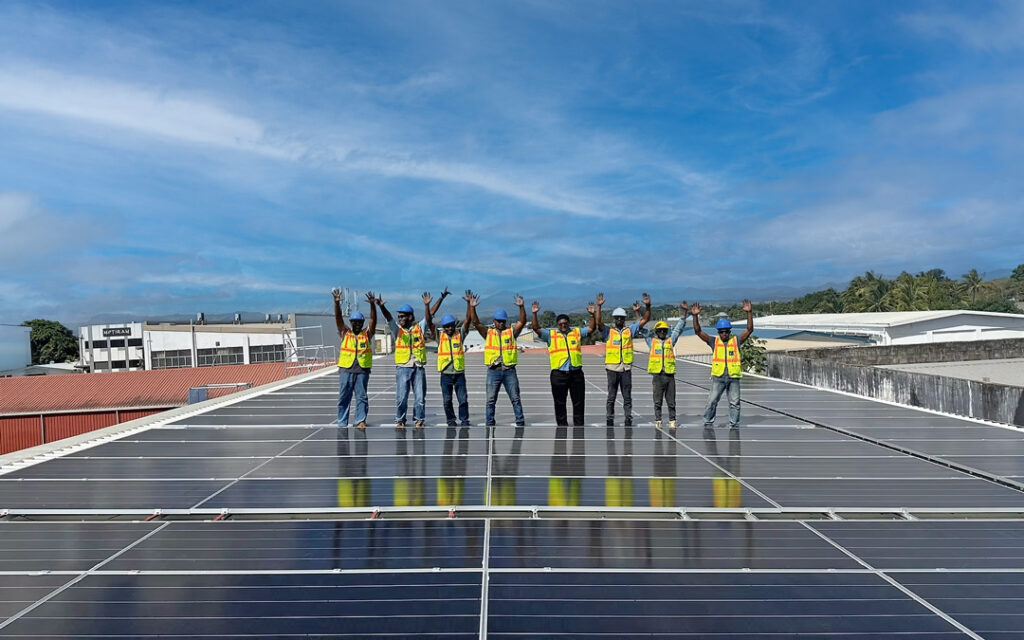
Go Paperless
We have equipped all our drivers with new Apple iPads, ensuring that their transfer orders are cued directly to the devices. This shift to 100% paperless operations eliminates the need for printing and enhances efficiency, allowing customers to be safely transported to their hotels or activities without using a single sheet of paper. This transition not only promotes sustainability but also streamlines our operations, reflecting our commitment to innovation and environmental responsibility.
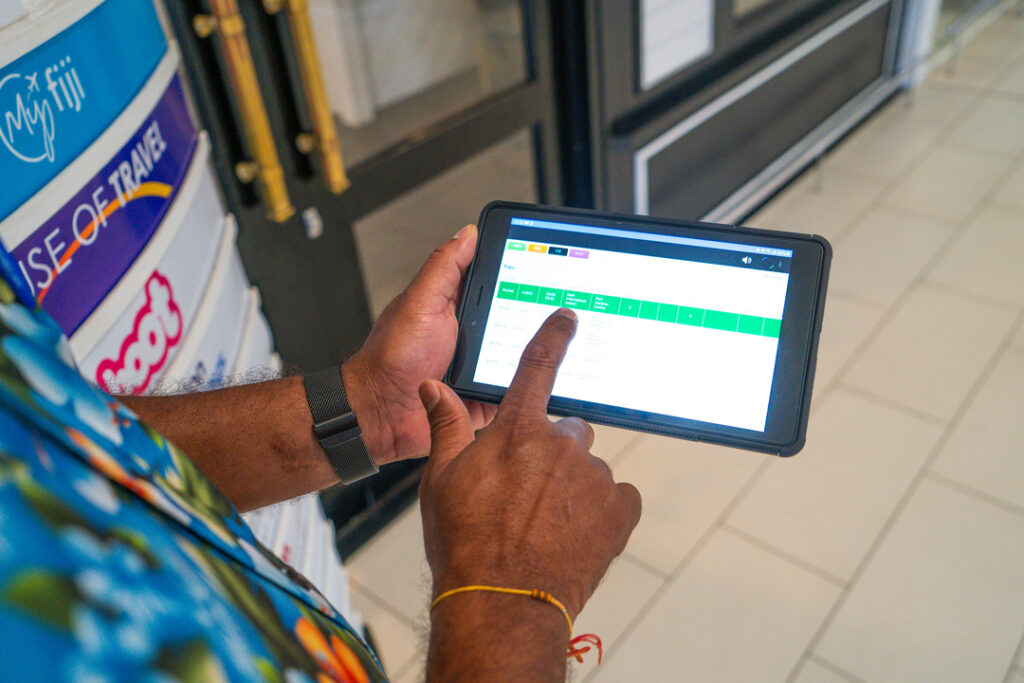
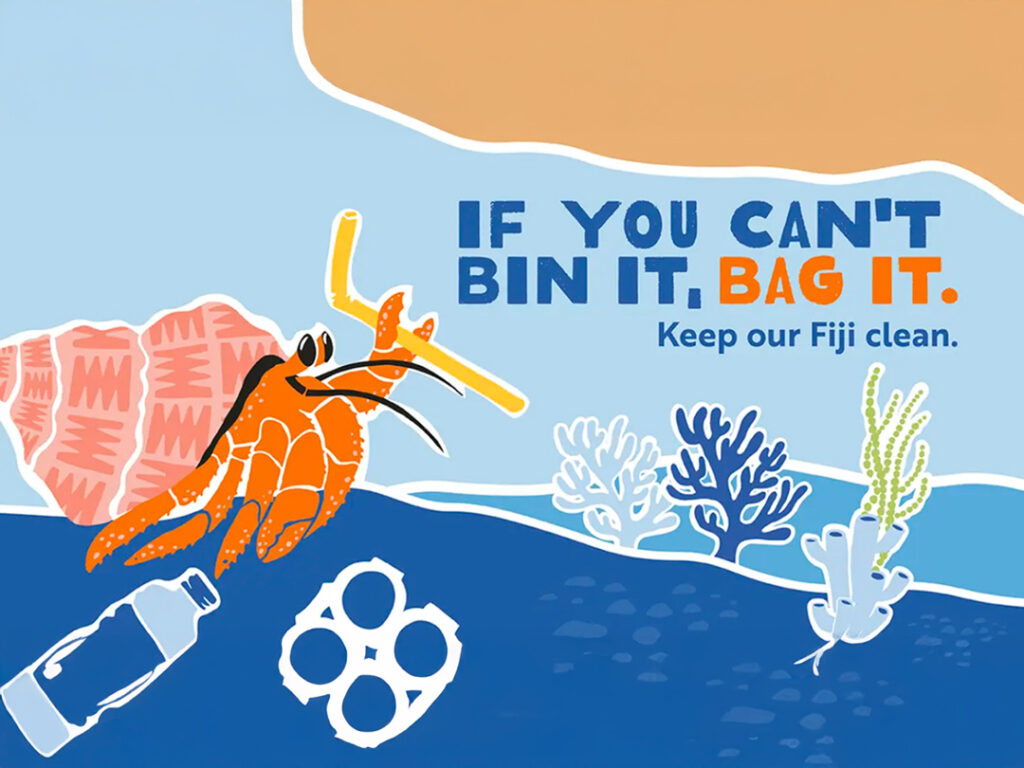
Clean Up Campaign
• National Anti-Litter Campaign
At a National Tourism Convention, Mr. Whitton from Rosie Holidays proposed a National Anti-Litter campaign, supported by Natadola Intercontinental Resort & Spa, Tourism Fiji, and BSP Bank. The 'Bin it or Bag it' campaign encourages Fijians and visitors to responsibly dispose of waste, aiming to preserve Fiji's natural beauty and promote a litter-free community. The campaign has received widespread support and participation, reflecting the collective commitment to environmental conservation. By fostering a sense of responsibility and pride, the initiative hopes to instill long-term sustainable practices in both locals and tourists.
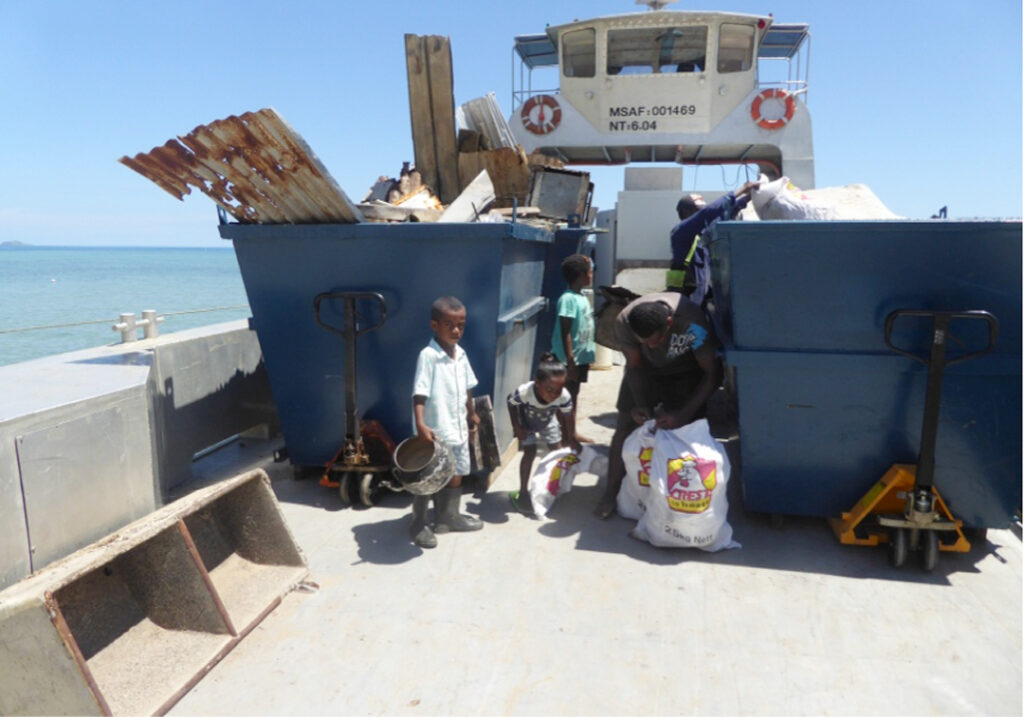
• Yaro Rubbish Clean-Up
Also In collaboration with our resort division, we provided a free barge for Yaro village on Malolo Island as part of a village and mangrove cleanup initiative. Rubbish, including plastics, steel, and old building materials, was transported to the Lautoka rubbish dump. Additionally, waste was collected from nearby mangroves and rainforests, demonstrating our commitment to environmental conservation and community support. Through these efforts, we aim to protect Fiji's natural beauty and promote sustainable practices. We are dedicated to continually supporting and initiating environmental projects that benefit both the community and the ecosystem.
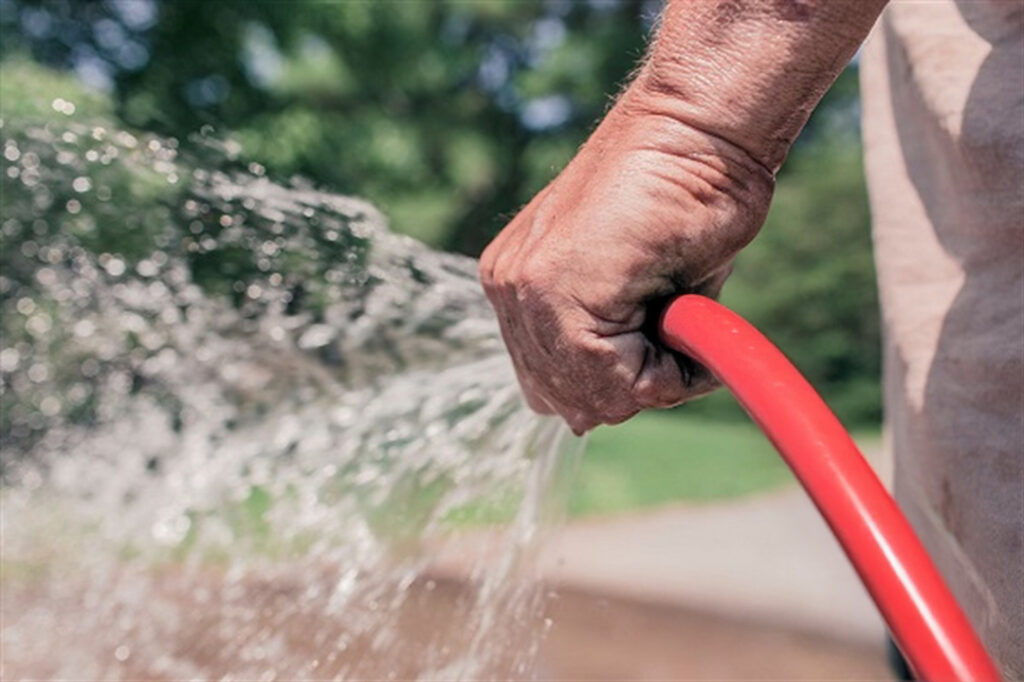
Using Bore Water
We inaugurated a new $2.0 million engineering complex, utilizing sustainable underground bore water for vehicle washing. This innovative solution conserves surface water resources and guarantees a steady supply of clean water for maintenance needs. It underscores our strong commitment to environmental sustainability. This forward-thinking approach blends modern convenience with environmental stewardship, showcasing our dedication to responsible practices. This initiative is a testament to Rosie Travel Group's vision for a sustainable future.
Protecting Fiji’s Wildlife
We have been at the forefront of bringing back one of the world’s rarest creatures from extinction, the Fijian-crested iguana. We implemented non-native animal eradication and habitat restoration programs, and started a captive breeding program. There are now over 80 of the world’s last 5000 iguanas on the island. This initiative demonstrates our dedication to biodiversity conservation and environmental stewardship. We are proud to play a significant role in preserving this unique species for future generations.
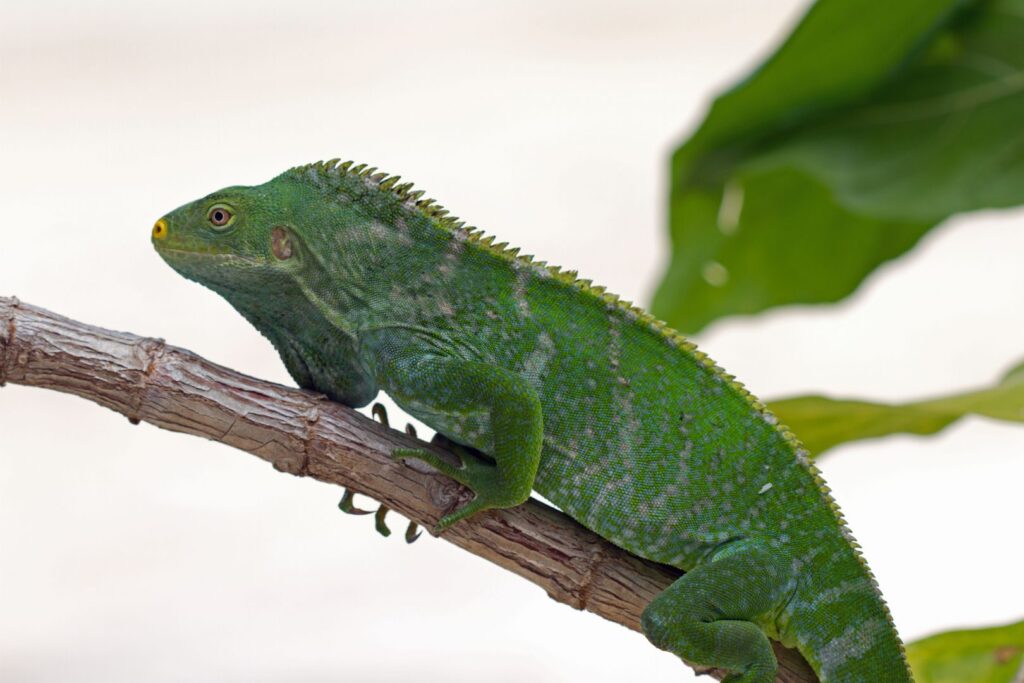
Plant More Trees
We rely heavily on the aviation industry, with most of our customers arriving by plane. Aviation contributes approximately 12% of all CO2 emissions in the transportation sector, or 2.5% of overall CO2 emissions. To mitigate this, we have launched a carbon offset program on Malolo Island, featuring a meticulously organized dry forest and mangrove replanting project. The plantings are carried out by our staff, resort guests, and resort workers. This initiative demonstrates our commitment to reducing our carbon footprint and promoting environmental sustainability.
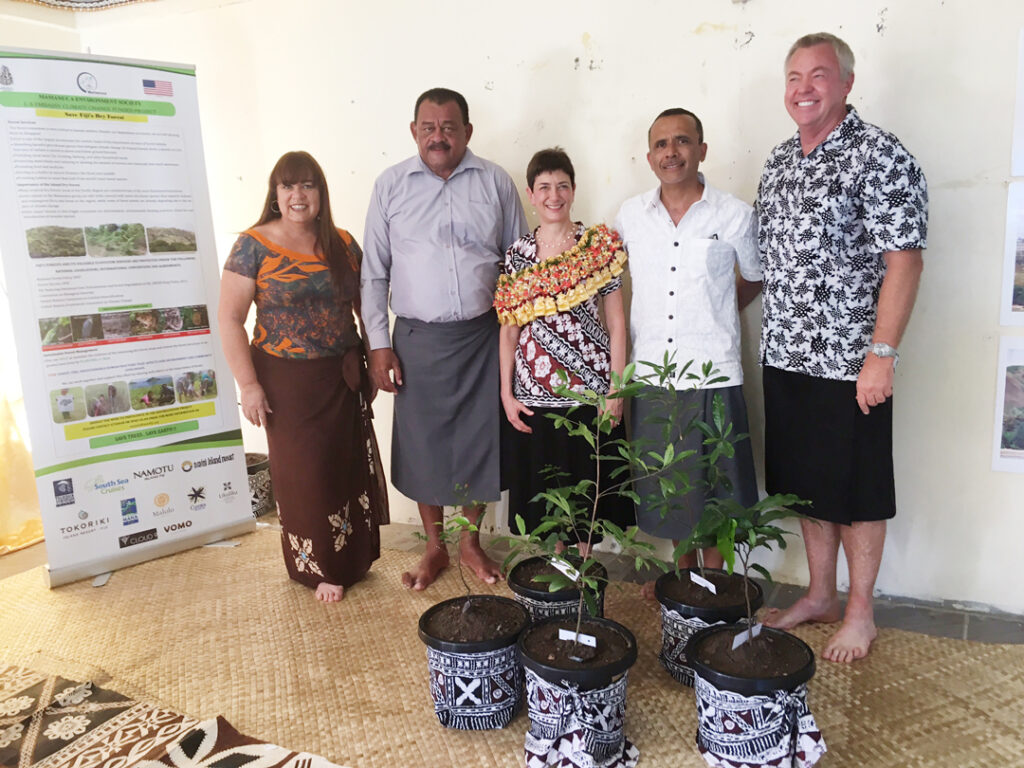
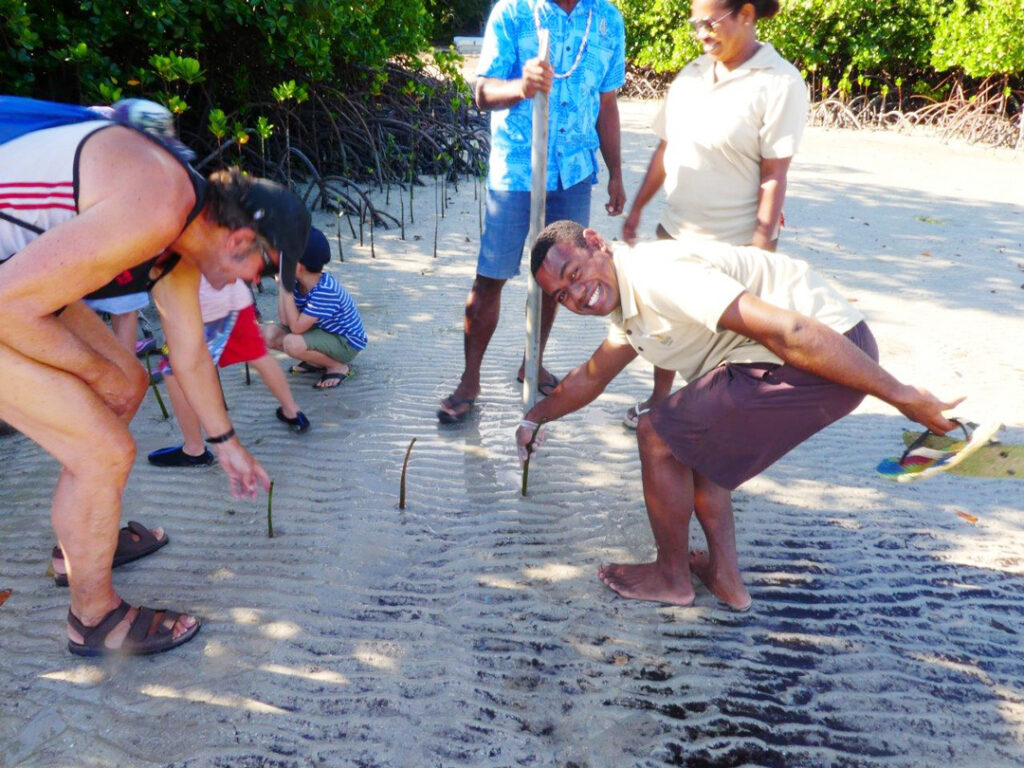
Plant Mangroves
We, alongside Japanese students, dedicated a day to planting mangroves on Mana Island. Mangroves are crucial for providing habitats for baby fish, crabs, and shrimp, and protecting coastlines from erosion. They also play a key role in carbon sequestration, helping combat climate change. This initiative underscores our commitment to environmental stewardship and preserving the island's natural beauty. It highlights our dedication to sustainability and reducing greenhouse gases. The hands-on conservation activities foster environmental awareness and education among the younger generation.
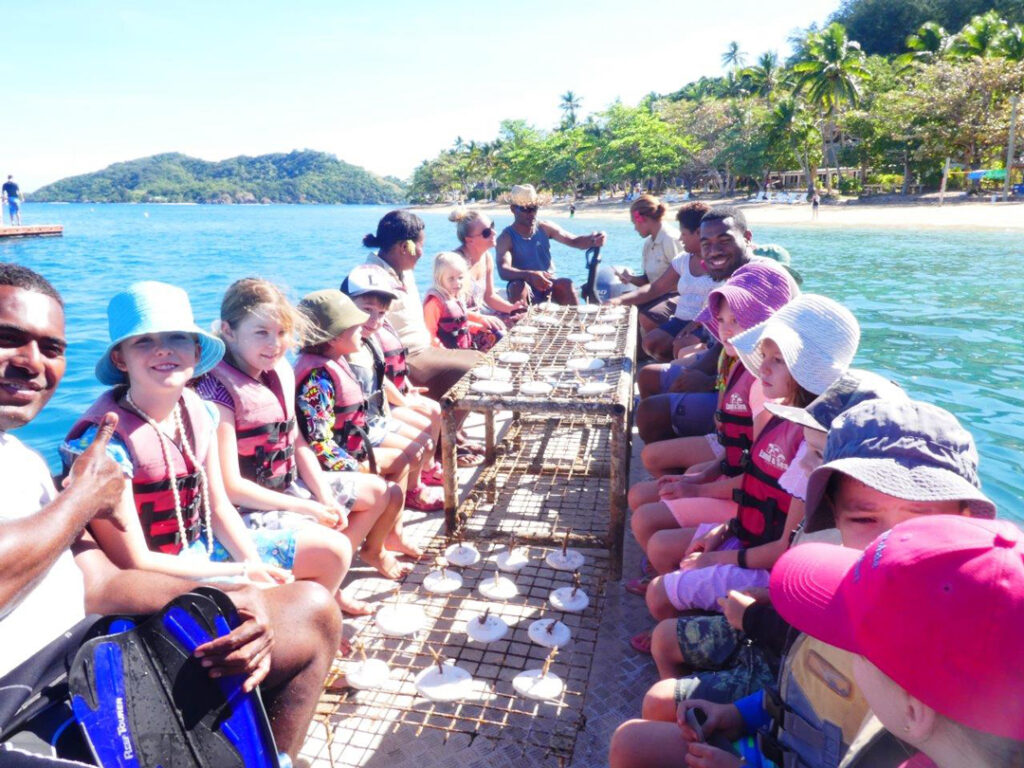
Coral Planting
We recognize the importance of maintaining clear oceans, vibrant marine life, coral reefs, clean air, and a pristine environment to attract international visitors. Committed to sustainability, we engage in various activities throughout the year. Notably, we actively participated in coral planting at Malolo Island and Likuliku Lagoon Resort, planting 105 coral fragments along the in-house reef drop-off, and took part in underwater and beach clean-up initiatives. These efforts highlight our dedication to preserving the natural beauty of Fiji and promoting environmental stewardship. We are proud to contribute to the protection and restoration of marine ecosystems.

